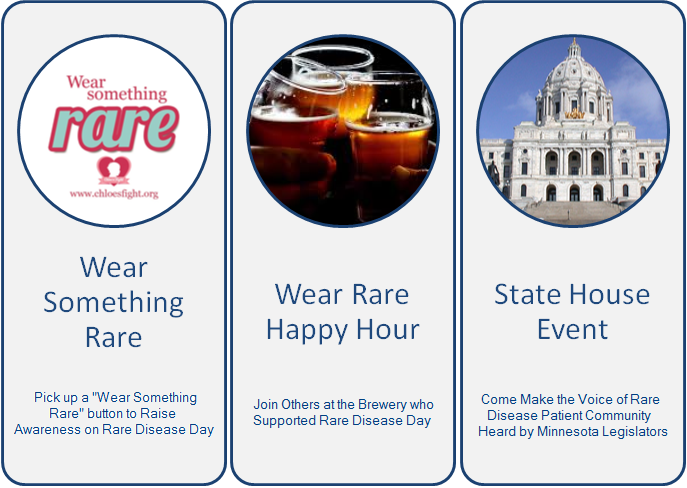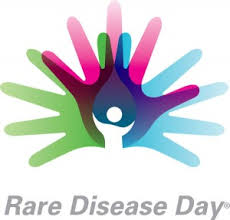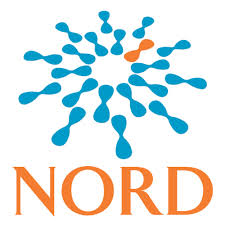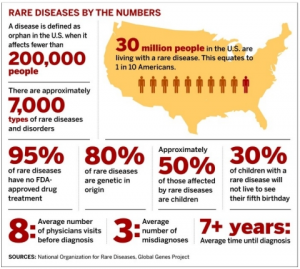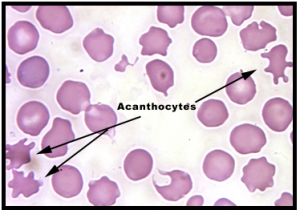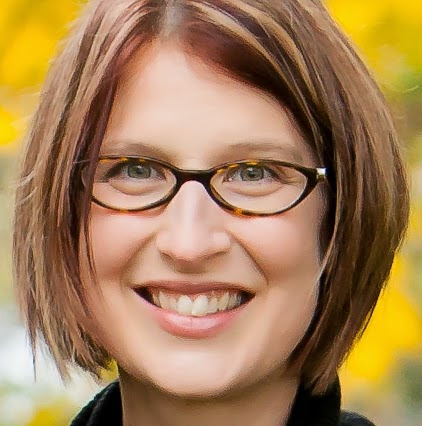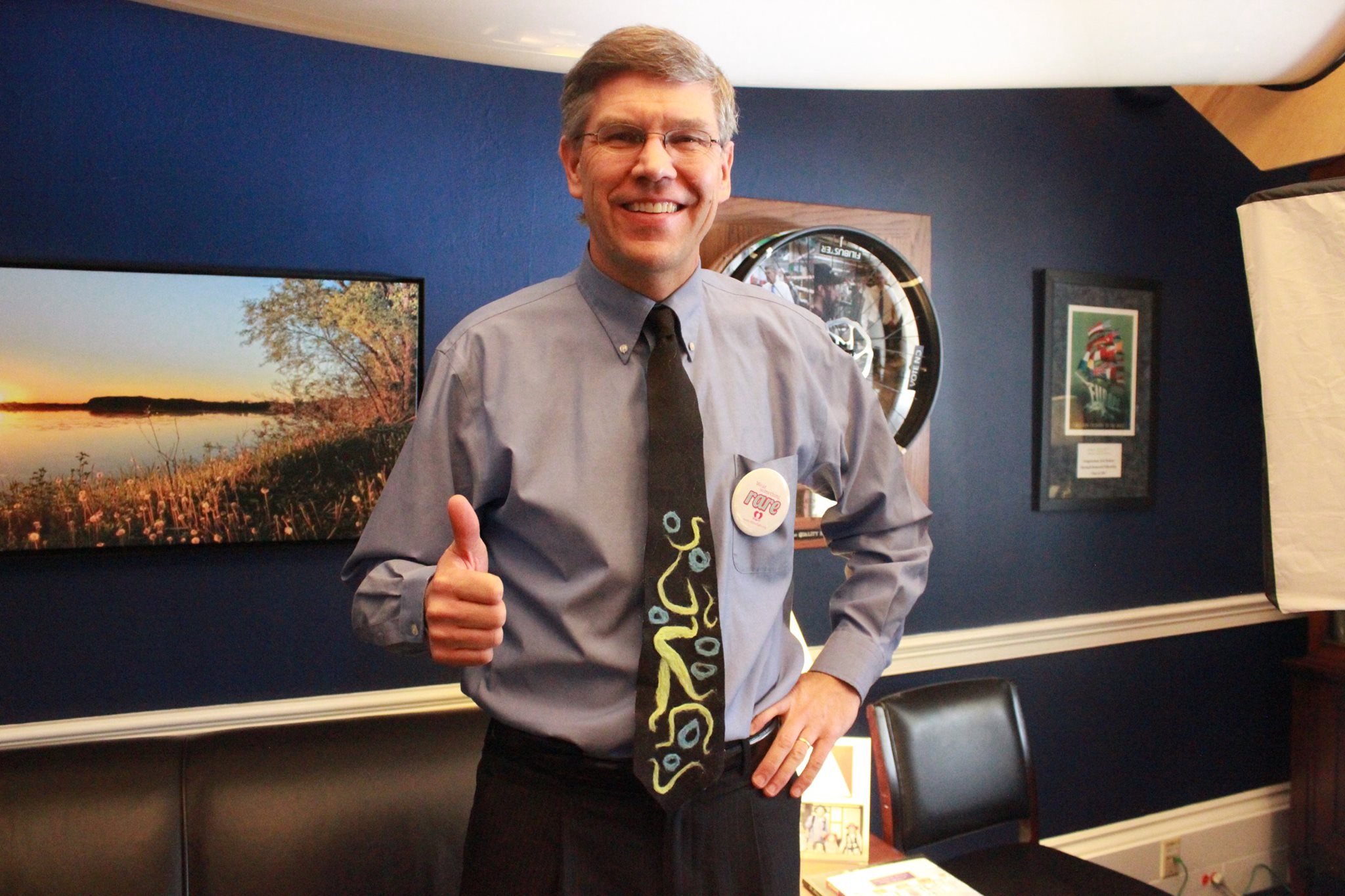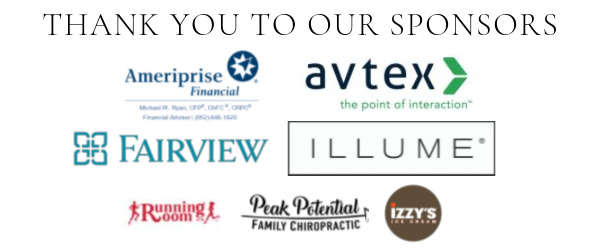
America is a happiness-obsessed society. This observation has been made so many times that it is almost a platitude to say it. Oh, I’m not claiming that we are actually happy people. In fact, most surveys indicate that we Americans are less happy than people in many other cultures. I will leave the explanations for this to people far more astute than I am. But suffice it to say that happiness is a value so enshrined in the American psyche that it even made it into our Constitution. “Life, liberty, the pursuit of happiness…”
Don’t get me wrong. I’m not arguing that the desire to be happy is bad or even unrealistic. But there does seem to be an underlying assumption in popular culture that the ideal to strive for in this life is one hundred percent happiness. One hundred percent of the time. The fact that we must know that this is not rationally possible doesn’t seem to change the fact that we try to be. And we just don’t do very well as a culture accommodating other-than-happy in our everyday lives. We avoid anything that might make us the least bit sad or uncomfortable. And we really wish that other people would avoid sad and uncomfortable topics when they chat with us. So when the lady that always mentions the funny things her dead daughter used to do starts talking about said daughter at a dinner party we smile politely but quickly change the topic. Because what she is talking about is, well, sad.
In the days before Chloe died after a prolonged battle with a terminal neural disease, my husband and I had a conversation with a grief counselor about coping with the future without Chloe. The counselor was an amazingly insightful woman and when we asked her if we should plan on getting on some sort of medication to handle the grief her response was, “Don’t confuse sadness with depression. Your 2-year-old is dying. You are supposed to be sad.” I was supposed to be sad. The phrase jarred me, but it also gave me an immense sense of relief. This crushing, bruising, overwhelming sadness was appropriate. Even somehow necessary. See, the problem with a “being completely happy” goal is that it becomes a zero sum game. What if something so devastating happens that one hundred percent happiness isn’t possible? The alternative is no happiness. Game over.
Admittedly, papering over the deep gashes of my own personal brokenness is tempting. I don’t want to stare at the chasm where my daughter used to be and wrestle with how to fill it. Or admit that I can never fill it. And culture doesn’t make the balancing of joy and pain easy. I find infinite escape hatches from the pain. I can Facebook façade post unpleasant realities away. I can medicate the pain away. Maybe even religious explanation bad-things-happening-to-good people it away. Anything but actually stopping and doing the hard work of learning to let grief and happiness coexist. But there is a resting that comes from admitting that I cannot be perfectly happy and that this deep emptiness will never go away. To really meditate on the fact that there is inherent in human existence pain and brokenness. That ignoring my own brokenness will only lead to more brokenness and isolation.
In the weeks after Chloe’s funeral my oldest child (who was 4 at the time) asked me constantly “mommy, are you sad?” I had made the decision to be as honest with her as possible, and so at first I simply responded with what I truly thought was an honest answer: “Yes, I am very sad, honey.” But anyone with young children knows that if a child continues to ask the same question repeatedly, there is a good chance that the grown-up is missing something and would do well to give a more thoughtful response. And one day I was finally ready for her question.
“Mommy, are you sad?”
(Pulling her up on my lap.) “Yes Eva, I am very sad. And there is a little part of my heart that is sad all the time. But you know what? There is a big part of my heart that is very happy.”
And I proceeded to tell her all of the things (including having her with me) that made me happy. At the end of the list I hugged her and said “So I’ll probably always be really happy and a little sad all the time from now on.”
That is the last time I have had the “happiness discussion” with Eva. I hope it was as formative a moment for her as it was for me. I hope she grows up to be a woman that can deeply grieve the loss of her beloved sister, hate the brokenness in the universe that causes death and sickness, go out dancing with friends, and laugh uproariously at lively dinner parties all at the same time. I hope she learns to gather the jagged shards of loss, disappointment, joy, and happiness that are so mixed together in this universe and not try to construct a perfect life with neatly interlocking pieces out of them. I hope she simply holds the brokenness in her hands. If she learns to do this there is a good chance that she will never be one hundred percent happy. But she will be honest. Some things are better than complete happiness.
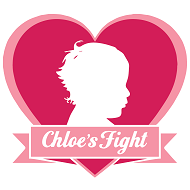
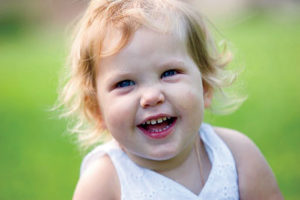 Mother’s Day came and went and with it the familiar struggle to find a label for myself. I like definitions for things. Labels are comforting and secure. Call it a personality trait, but I often feel if I could just find a word that describes the person I’ve become since losing my daughter I would somehow be able to own that title and act the way a whatever-the-word-is acts. I once heard a person say that we can find titles for all kinds of loss. A woman who loses her husband is a widow. A man who loses his wife is a widower. A child who loses his or her parents is an orphan. But, so the argument went, the loss of a child is so deep and painful that humanity hasn’t been able to find a word for it. Maybe that’s true. The thought resonated with me when I first heard it. But in the years since losing Chloe, I have come to a different conclusion for why we haven’t found a special title for a person who loses a child.
Mother’s Day came and went and with it the familiar struggle to find a label for myself. I like definitions for things. Labels are comforting and secure. Call it a personality trait, but I often feel if I could just find a word that describes the person I’ve become since losing my daughter I would somehow be able to own that title and act the way a whatever-the-word-is acts. I once heard a person say that we can find titles for all kinds of loss. A woman who loses her husband is a widow. A man who loses his wife is a widower. A child who loses his or her parents is an orphan. But, so the argument went, the loss of a child is so deep and painful that humanity hasn’t been able to find a word for it. Maybe that’s true. The thought resonated with me when I first heard it. But in the years since losing Chloe, I have come to a different conclusion for why we haven’t found a special title for a person who loses a child.